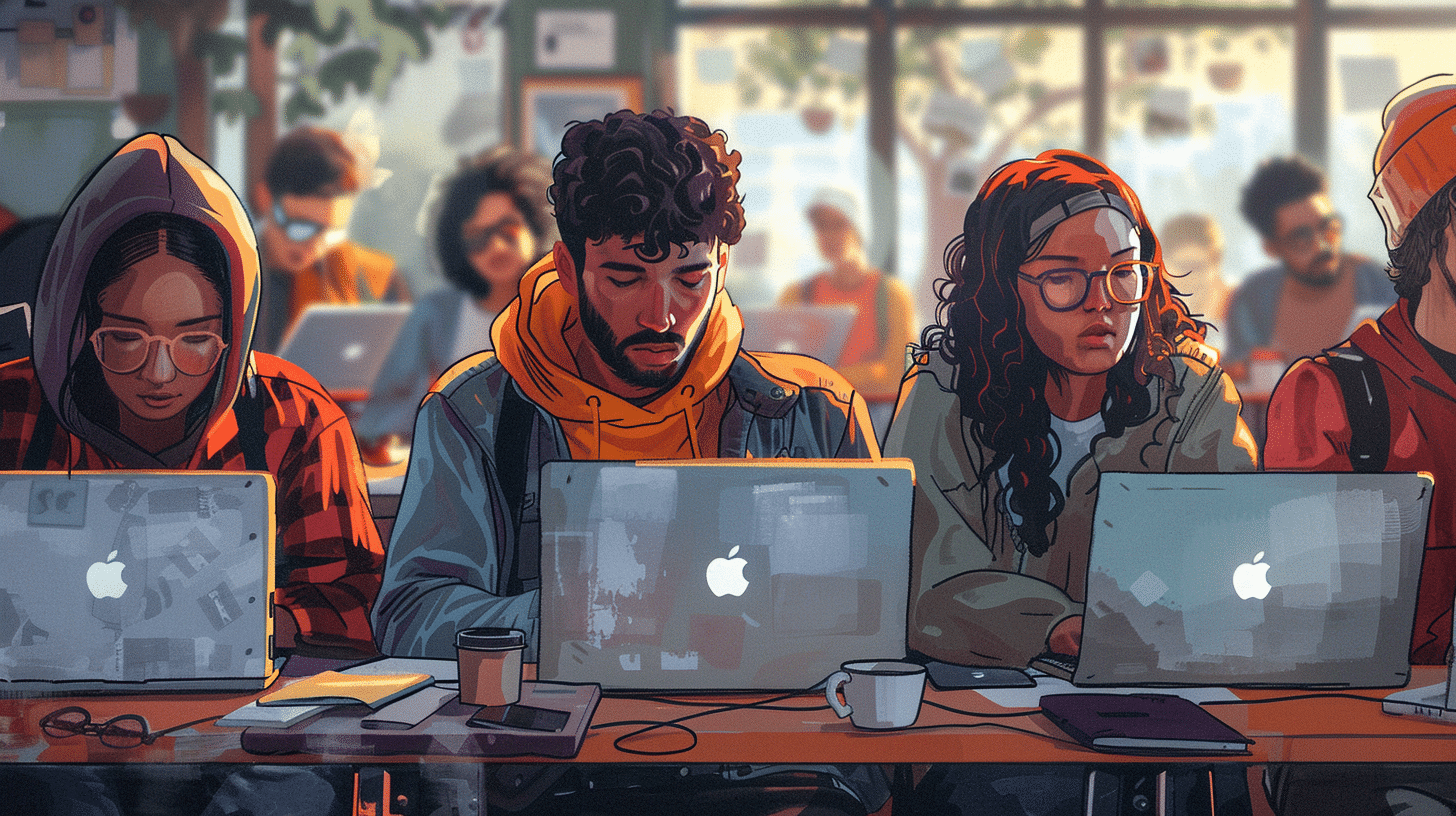Learning a new language involves understanding not just the grammar and vocabulary but also the cultural nuances that come with it. When learning Dutch, it’s important to grasp basic phrases of gratitude and politeness, which will go a long way in connecting with native speakers. In this article, we will explore some essential Dutch phrases that express gratitude and politeness, helping you to communicate more effectively in the Netherlands or with Dutch speakers.
Bedankt – Thank you.
Bedankt voor het helpen met mijn huiswerk.
This is a versatile phrase that can be used in almost any context to express gratitude. Whether someone has helped you, given you a gift, or provided a service, saying “bedankt” is always appropriate.
Dank u wel – Thank you very much (formal).
Dank u wel voor uw geduld.
This is a more formal version of “bedankt” and is typically used in formal settings or when addressing someone with respect, such as an elderly person or an authority figure.
Dank je wel – Thank you very much (informal).
Dank je wel voor het heerlijke eten.
This is an informal way of expressing gratitude and is often used among friends, peers, or people of the same age.
Hartelijk bedankt – Thank you very much.
Hartelijk bedankt voor de uitnodiging.
This phrase conveys a warm sense of gratitude and is slightly more emphatic than just “bedankt” or “dank je wel”.
Graag gedaan – You’re welcome.
A: Bedankt voor je hulp! B: Graag gedaan.
This is a common response to “bedankt” and is equivalent to saying “you’re welcome” in English.
Alstublieft – Here you go / Please (formal).
Kan ik het zout hebben? Alstublieft.
This phrase can be used both when giving something to someone and when asking for something in a polite, formal manner.
Alsjeblieft – Here you go / Please (informal).
Hier is je pen terug, alsjeblieft.
This is the informal counterpart to “alstublieft” and is used in similar contexts among friends or people of the same age.
Excuseer – Excuse me.
Excuseer, mag ik u iets vragen?
This is a polite way to get someone’s attention or to apologize for a minor inconvenience.
Pardon – Excuse me.
Pardon, kunt u dat herhalen?
Similar to “excuseer”, “pardon” is used to politely interrupt or ask for something to be repeated.
Met alle respect – With all due respect.
Met alle respect, ik ben het niet met u eens.
This phrase is used when you want to disagree with someone but still show that you respect their opinion.
Mag ik…? – May I…?
Mag ik naast u zitten?
This is a useful phrase for politely asking for permission in Dutch.
Zou u mij kunnen helpen? – Could you help me?
Zou u mij kunnen helpen met deze machine?
This is a polite way to ask for help in Dutch, and it shows respect for the person you’re asking assistance from.
Ik waardeer het zeer – I appreciate it very much.
Ik waardeer het zeer dat u tijd voor mij heeft genomen.
This phrase is a way to express deep gratitude for someone’s efforts or time.
Neem me niet kwalijk – Excuse me / I’m sorry.
Neem me niet kwalijk, ik was vergeten te bellen.
This phrase is used to apologize for something in a polite manner.
By incorporating these phrases into your conversations, you will not only enhance your Dutch language skills but also demonstrate respect and consideration for the cultural norms of politeness and gratitude in Dutch-speaking environments. Whether you are traveling to the Netherlands, Belgium, or engaging with Dutch speakers anywhere else, these expressions will surely be valuable in your interactions.








